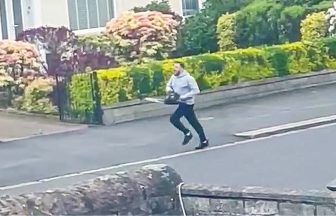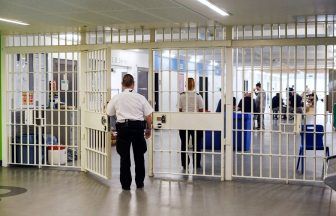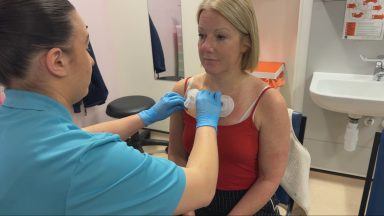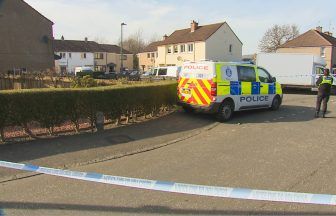Police in Scotland should not be “performing the roles of other agencies” when it comes to dealing with reports of people in distress due to poor mental health, a scrutiny body has concluded.
HM Inspectorate of Constabulary in Scotland (HMICS) reached its conclusion following a review of the policing of mental health-related incidents during which it interviewed officers and staff from across Police Scotland.
The body recognised police and staff had an “important role” to play in relation to supporting people experiencing poor mental health but insisted their role needed to be part of “a whole system approach” also involving health and social care services.
HMICS said the importance and scale of safeguarding and ensuring the well-being of people in crisis or distress was such that no single agency was able to meet their often complex needs.
Craig Naylor, HM Chief Inspector of Constabulary in Scotland, said: “Police Scotland will always have a key role in supporting those experiencing poor mental health.
“This should, however, be within a wider structure which includes other emergency services, health and social care where, upon review, the care is provided by the agency most skilled and qualified to address the circumstances presented.
“Such decisions must always be based on the well-being of the person experiencing poor mental health rather than which resource is available.
“HMICS believes that mental health is a health and social care issue to be managed primarily by Scotland’s health and social care services, in line with the recently released Scottish Government strategy.
“People should be supported and treated to prevent them from acting in a manner that could be harmful to themselves or others.
“Police officers and staff should not be filling the gaps and performing the roles of other agencies. It is critically important there are effective referral processes in place to ensure people receive the most suitable assistance from health professionals at the earliest juncture.”
The review also found there was a perception that the mental health-related demand on Police Scotland’s time and resources was limiting its effectiveness and efficiency to perform its traditional role of keeping the peace and preventing, investigating and detecting crime.
“Police involvement in mental health-related incidents should not be to the detriment of those in crisis, its officers, staff or the wider needs of Scottish localities and communities,” Mr Naylor said.
“Officers should not routinely be performing welfare checks or sitting in hospital waiting rooms for lengthy periods of time. When doing that, they cannot be in their communities dealing with issues of local concern.”
HMICS was also concerned that Police Scotland’s leadership had no mechanism to effectively assess the demand generated by mental health-related calls.
It found during discussions with agencies who responded to those experiencing poor mental health there was general support for the concept of effective partnership working and a wide-reaching review of mental health in Scotland.
“In the absence of such a review, or until one is undertaken, organisations such as Police Scotland must ensure they provide the best possible support to the public,” Mr Naylor said.
“I do not consider it sustainable for the police service to continue without an agreed and published mental health strategy. Nor do I consider it reasonable for them to wait for the conclusions of a review of the whole system which depends on political and institutional will.
“In the short-term, Police Scotland needs to establish its strategic position on mental health and ensure its officers and staff are aware of that position and have relevant training which is consistent across the service.
“They need clear guidance on what they should and should not be doing.”
Follow STV News on WhatsApp
Scan the QR code on your mobile device for all the latest news from around the country


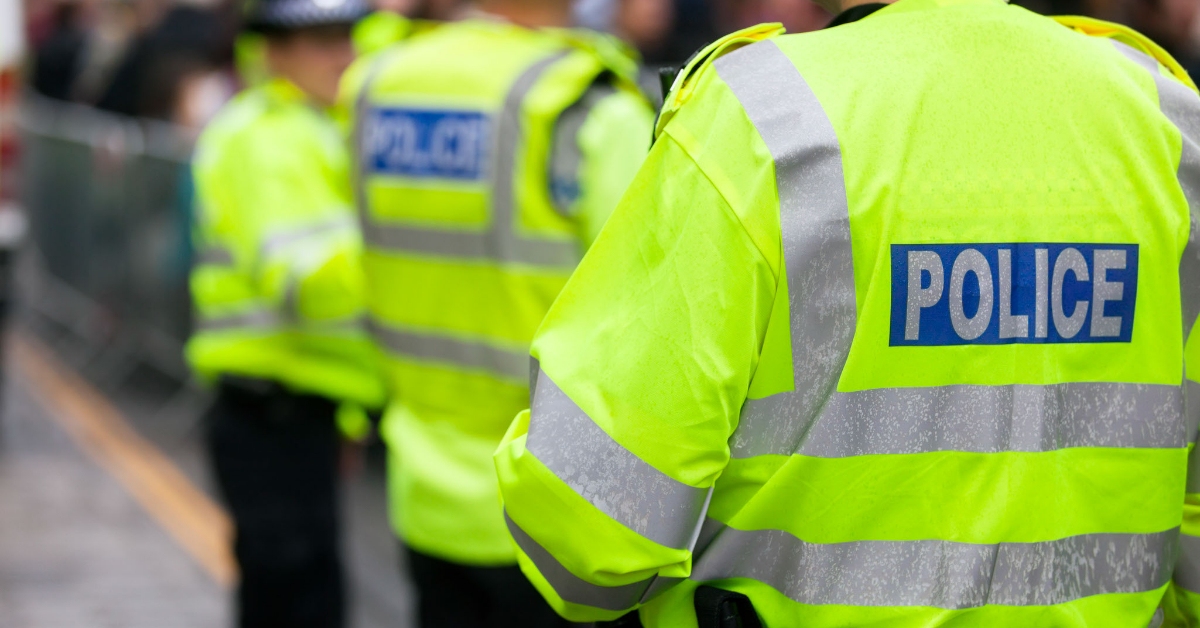 iStock
iStock

